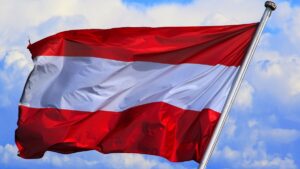
Ukrainians’ attitude towards Austria is generally positive, but a significant proportion of respondents remain neutral. These are the results of a nationwide sociological survey conducted by Active Group in cooperation with Experts Club in August 2025.
According to the survey, 48.7% of Ukrainians expressed a positive attitude towards Austria (37.0% — mostly positive, 11.7% — completely positive). Only 4.7% of citizens demonstrated a negative attitude (4.3% — mostly negative, 0.3% — completely negative). At the same time, the largest group — 44.7% of respondents — took a neutral position, while another 2.3% said they did not have enough information about the country.
“Austria is traditionally perceived by Ukrainians as a European country with high social standards, cultural heritage, and a stable political system. Although Austria is not Ukraine’s main partner in foreign policy, the overall level of sympathy remains positive,” emphasized Active Group founder Oleksandr Pozniy.
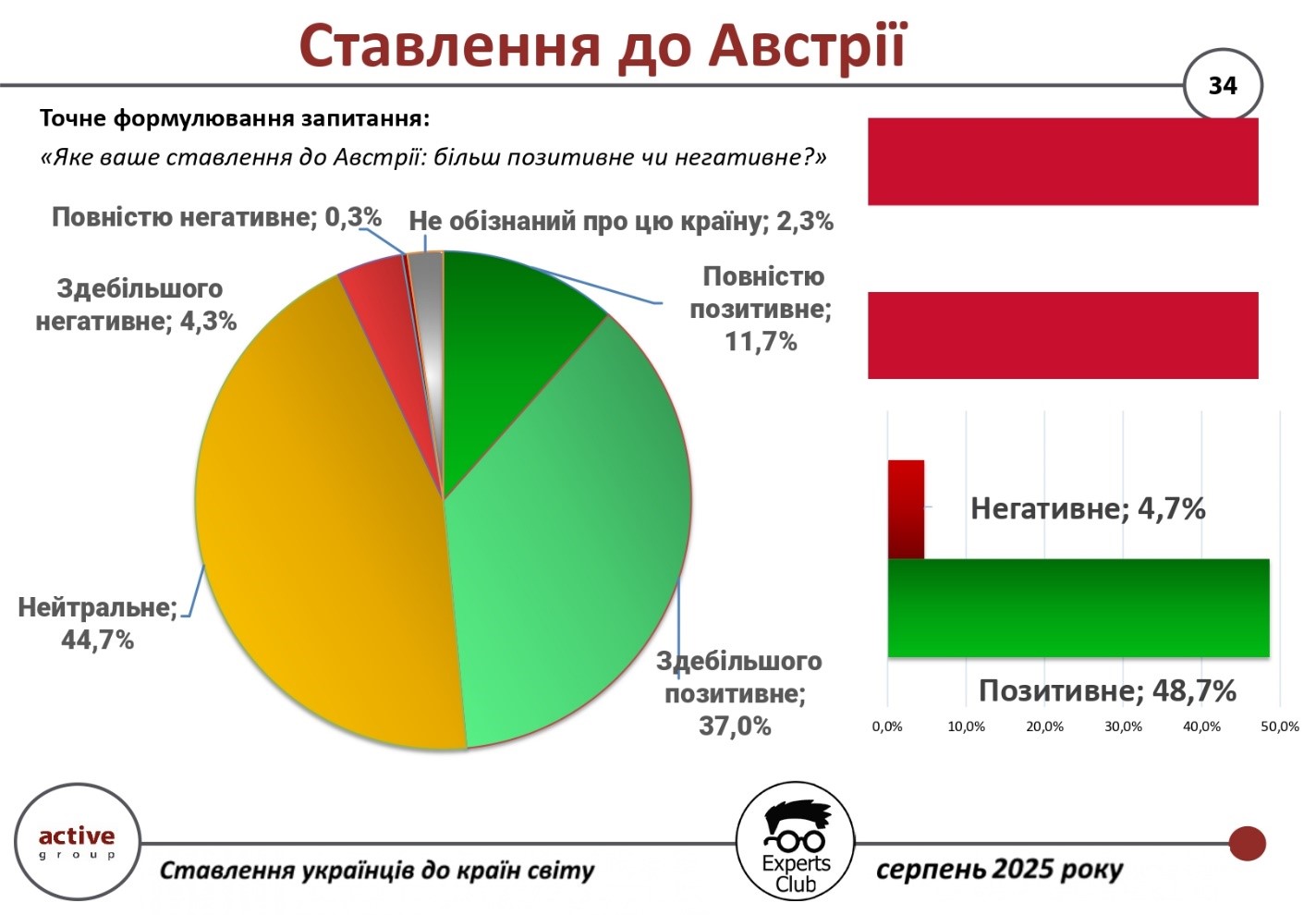
In turn, co-founder of Experts Club Maksim Urakin drew attention to the economic component:
“In January–June 2025, the total trade volume between Ukraine and Austria amounted to over $701 million. At the same time, exports of Ukrainian goods reached $276 million, while imports from Austria amounted to about $425 million. This led to a negative balance of $148.9 million, which indicates a significant advantage of Austrian exports over Ukrainian ones,” the expert emphasized.
The survey is part of a large-scale study of Ukrainians’ international sympathies and antipathies, reflecting not only political and cultural aspects, but also economic aspects of relations with various countries.
The full video can be viewed at: https://www.youtube.com/watch?v=YgC9TPnMoMI&t
You can subscribe to the Experts Club YouTube channel here: https://www.youtube.com/@ExpertsClub
ACTIVE GROUP, AUSTRIA, DIPLOMACY, EXPERTS CLUB, Pozniy, SOCIOLOGY, TRADE, URAKIN

The Austrian government has adopted a number of tough measures to regulate the rental housing market. Legislative innovations concern limiting rent growth and extending the minimum length of contracts, which caused a wave of discussion among tenants, property owners and analysts.
If inflation exceeds 3% per annum, landlords will not be able to fully pass on price increases to tenants. Their rent increase can only be half of the excess over the threshold. Example: if inflation is 4.2%, rent can only be increased by 3.6%.
The minimum lease term is increased from three to five years, making it more difficult to replace tenants to eliminate losses through new contracts.
An exception is made for family homes: one- and two-family properties are not affected by the new rules.
For buildings built before 1945, the rules are even tougher:
– In 2025, rents for such houses/apartments cannot be raised at all;
– in 2026, a maximum of 1%;
– in 2027 by a maximum of 2%.
In Vienna, for example, for such buildings there are already legislated maximum rents of around €6.67/m², with a number of surcharges and discounts, but often the final rent barely exceeds €10/m². Economists warn: such measures may curb rental growth, but at the same time reduce the incentive for owners to rent, potentially leading to a shortage of supply (compare with the experience of Berlin).
According to Statistics Austria and other reliable sources, as of January 1, 2025, there are about 1,855,419 people with foreign citizenship living in Austria.
The largest groups of foreign nationals are: Germany (~239,500), Romania (~155,700), Turkey (~124,000), Serbia (~123,000), Ukraine (~100,000). In 2024, the share of people with a migration background is 27.8 % of the Austrian population. This includes those born abroad and their descendants.

Austria will allocate EUR5 million to Ukraine for demining of agricultural land and EUR2 million to support the Grain from Ukraine program as Austrian Foreign Minister Beate Meinl-Reisinger visits Kyiv on Friday, Die Presse reports.
“For Meinl-Reisinger, the trip to Kyiv is “the first real trip abroad” in her new position, as the Brussels she visited last week is not really a visit to another country for her,” the newspaper writes.
The European media outlet added that the Austrian foreign minister’s luggage included a check for EUR5 million to help clear agricultural land of mines and EUR2 million to supply Ukrainian grain to Middle Eastern countries in need.
As reported, Austrian Foreign Minister Beate Meinl-Reisinger arrived in Kyiv on Friday. Immediately after her arrival, she and Ukrainian Foreign Minister Andriy Sybiga laid flowers at the wall of memory of the fallen Ukrainian soldiers.
The program of Meinl-Reisinger’s visit includes a meeting with the Ukrainian leadership, in particular with Prime Minister of Ukraine Denys Shmyhal.
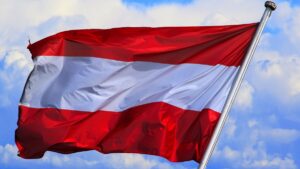
Austria will allocate EUR5 million to Ukraine for farmland clearance and EUR2 million to support the Grain from Ukraine program amid a visit by Austrian Foreign Ministry chief Beate Meinl-Reisinger to Kiev on Friday, Die Presse reported.
“For Meinl-Reisinger, the trip to Kiev is the ‘first real trip abroad’ in her new position, as Brussels, which she visited last week, is not really a visit to another country for her,” the publication wrote.
The European media outlet added that the Austrian foreign minister’s luggage includes a check for EUR5m to help demining agricultural land and EUR2m to supply Ukrainian grain to Middle Eastern countries that need it.
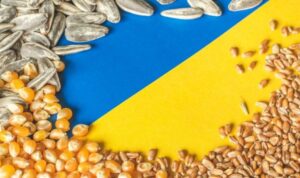
Austria has supported the Grain from Ukraine food initiative by contributing EUR2 million, the press service of the Ministry of Agrarian Policy and Food reports.
According to the report, Minister of Agrarian Policy and Food Vitaliy Koval discussed cooperation in the agricultural sector and the development of trade relations with Austrian Ambassador to Ukraine Arad Benkö. He also thanked the Austrian partners for their contribution to the Grain From Ukraine initiative of President of Ukraine Volodymyr Zelenskyy.
“This is an additional €2 million for food security, which is an important step in supporting countries suffering from hunger,” he said.
The Minister emphasized that European integration is one of the priorities of the Ministry of Agrarian Policy and spoke about the steps already taken on the way to the EU. In particular, the parties discussed the need to work together at the European Commission level to ensure unimpeded exports of Ukrainian agricultural products.
“Austria remains an important trading partner of Ukraine: in 2024, bilateral trade in food and agricultural products amounted to $210 million. Ukraine exported mainly corn, fruit and vegetable juices, soybeans, sunflower oil, as well as frozen fruits and nuts. Instead, it imported chocolate and cocoa products, ready-made sauces, animal feed, corn, and mineral and carbonated waters from Austria,” Koval explained.
The Minister also suggested considering a mechanism to insure agricultural trade operations between Ukraine and Austria against military risks.
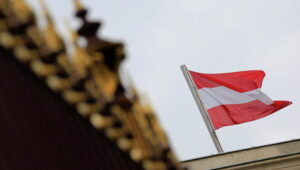
In January 2025, the unemployment rate in Austria rose to 8.6%, which is higher than in December (8.3%) and significantly higher than in November 2024 (7.1%). The growth in the number of unemployed has been recorded for the third month in a row.
Source: https://t.me/relocationrs